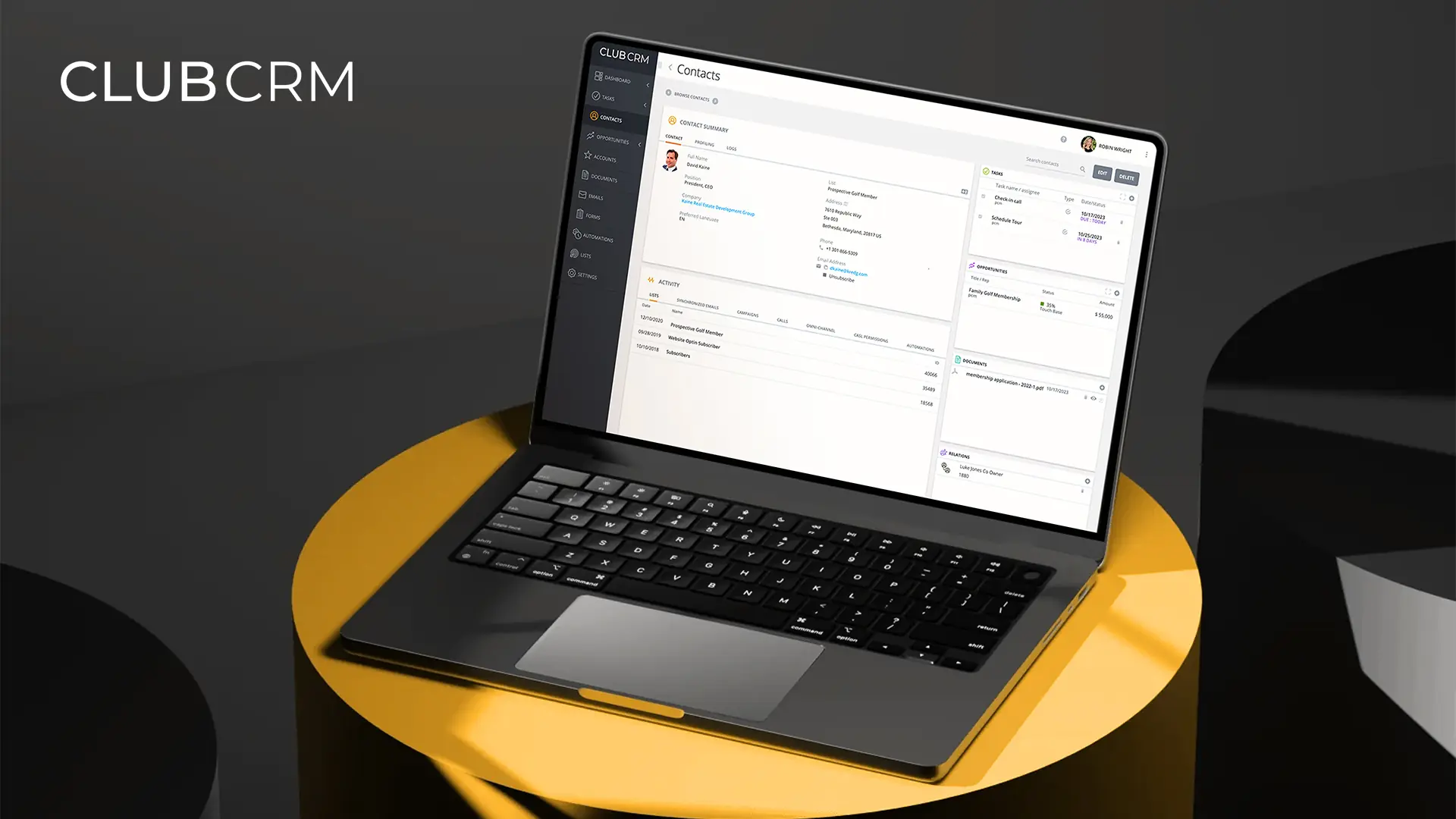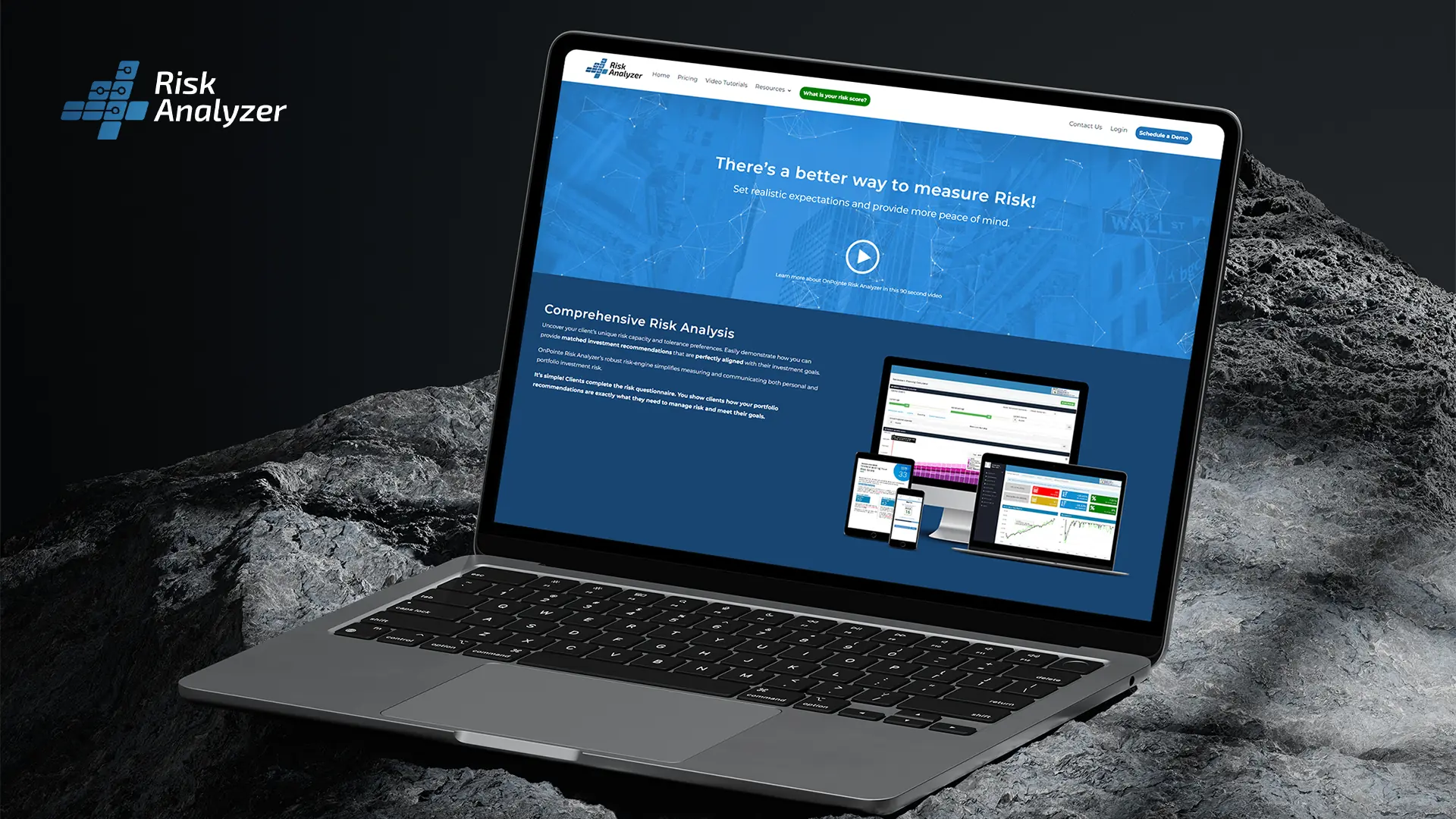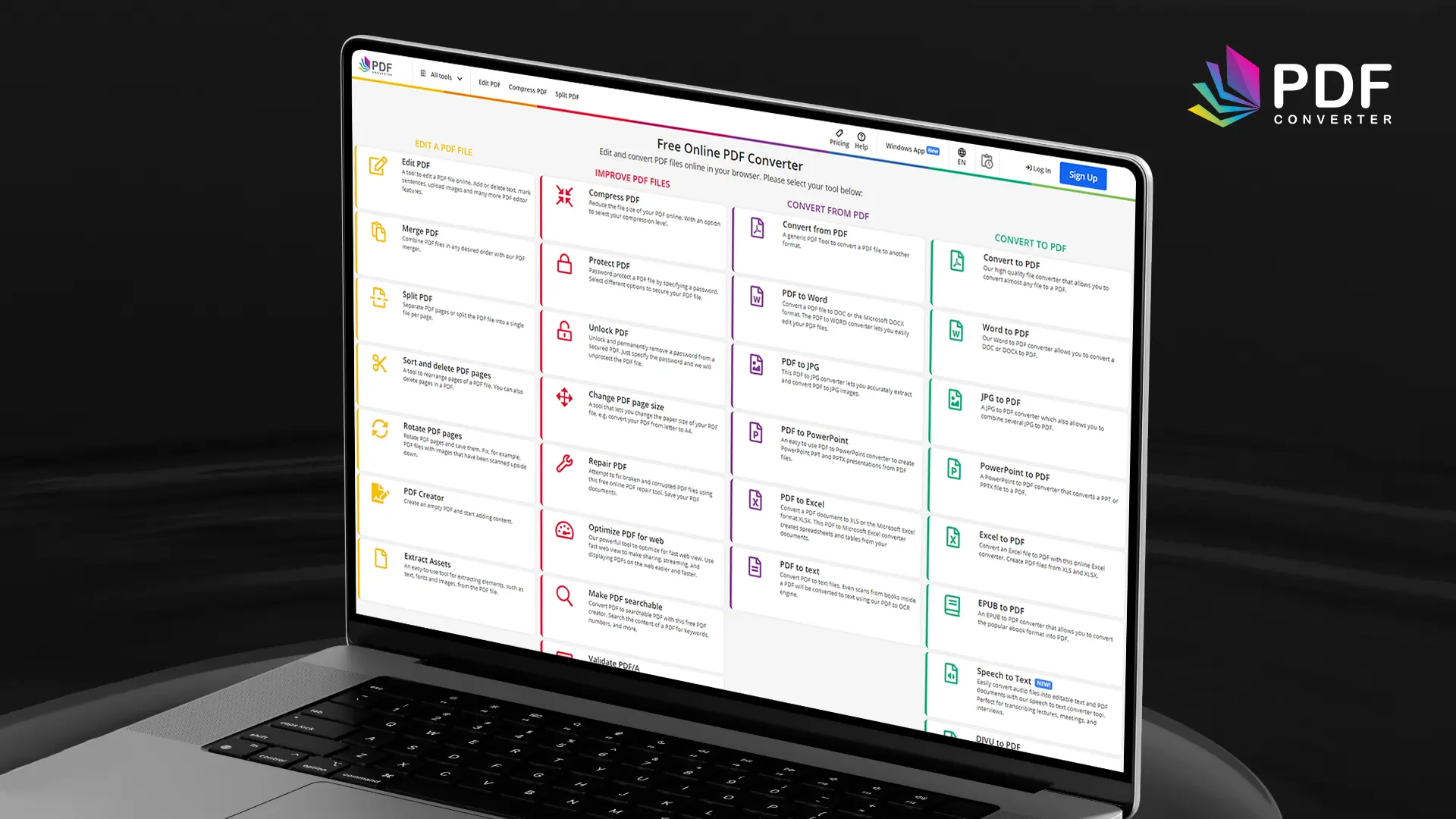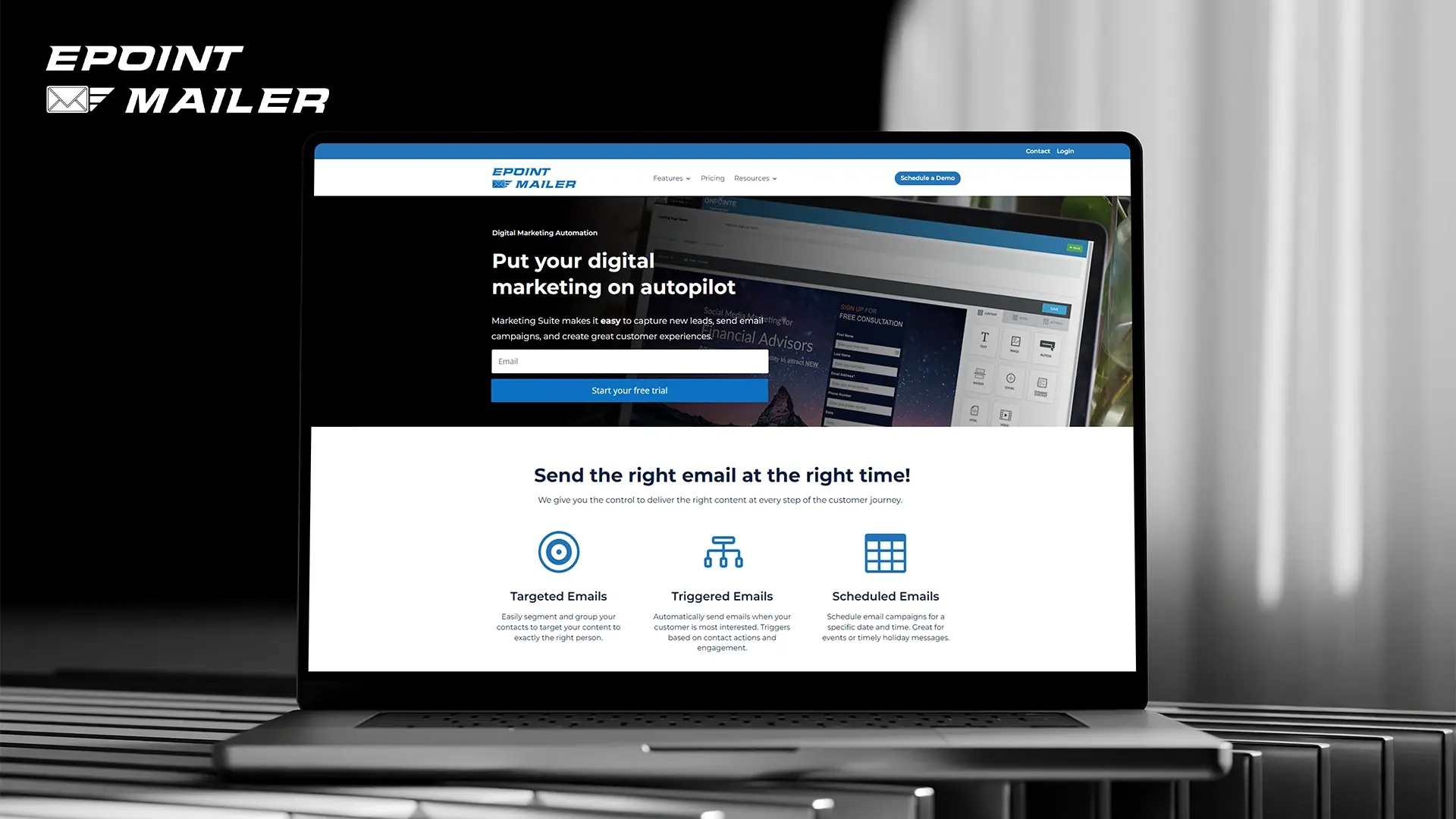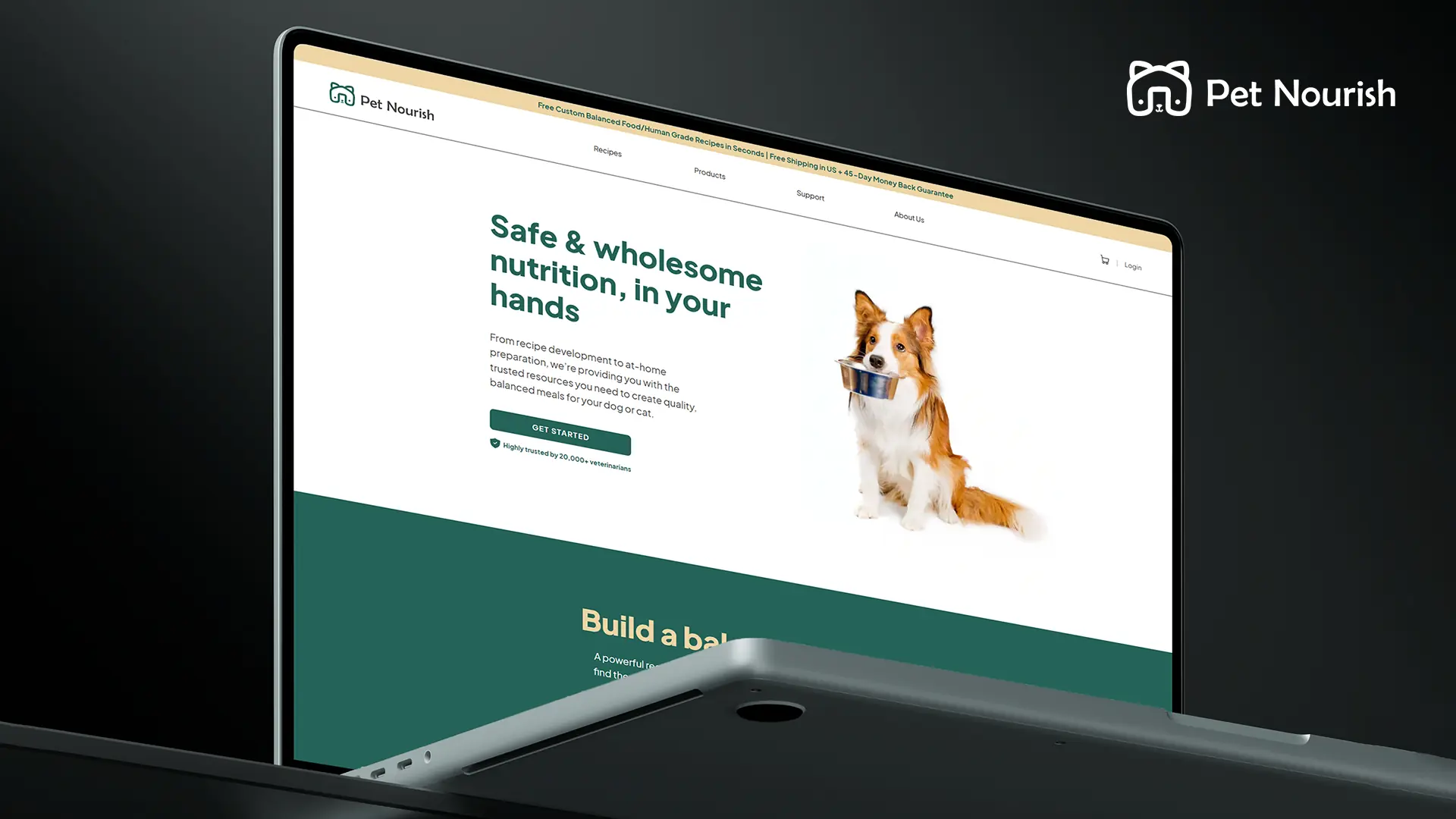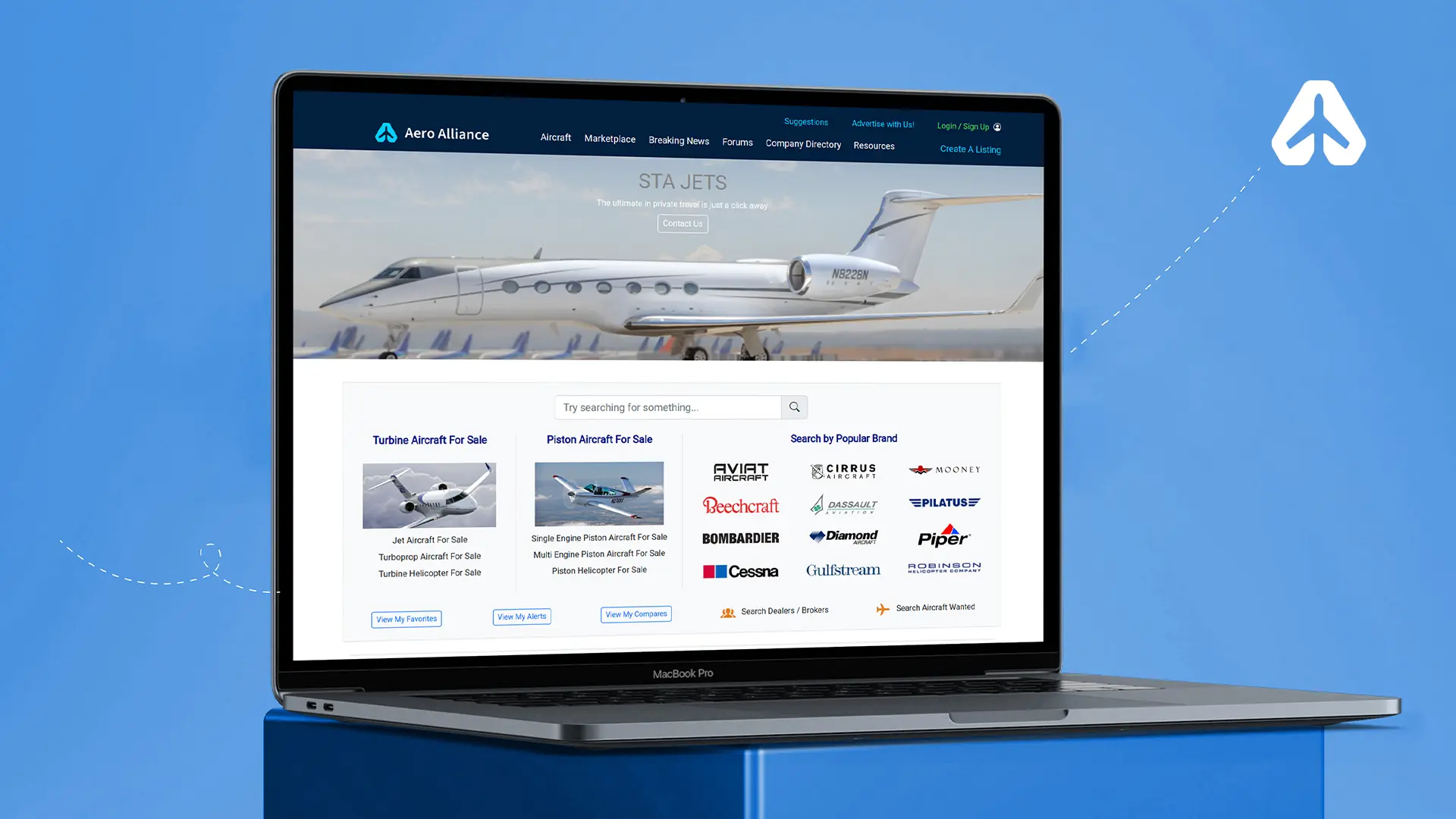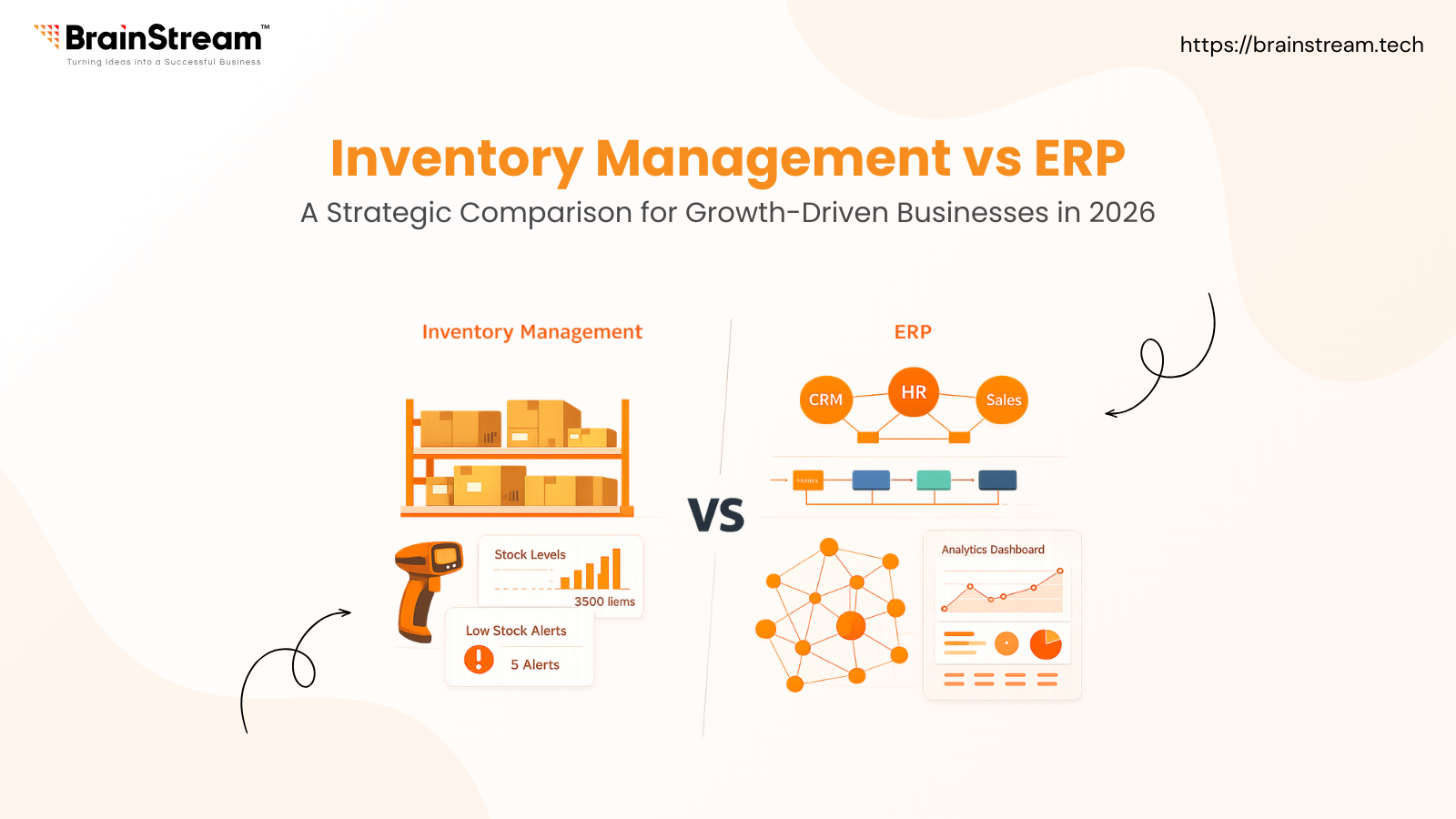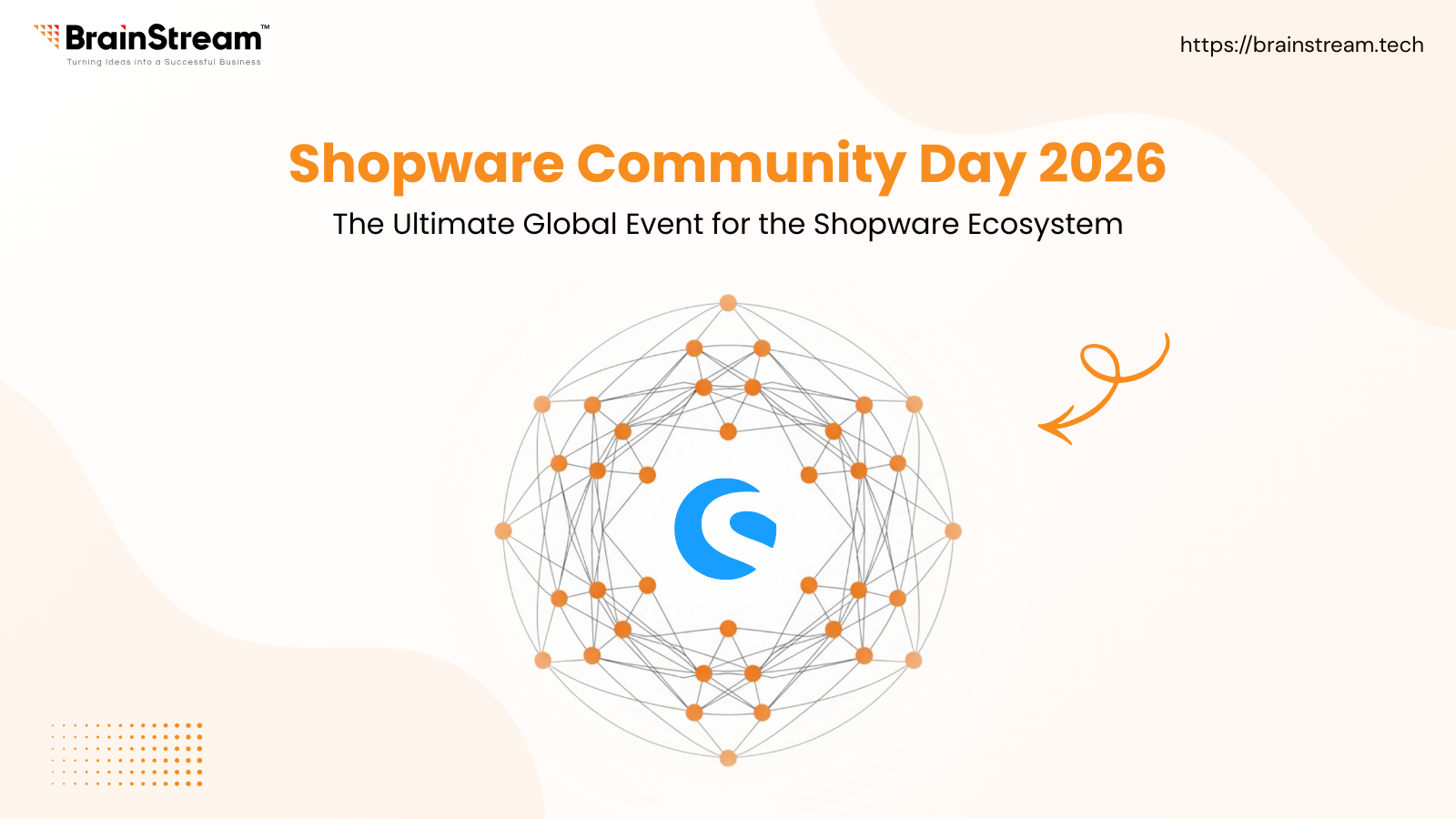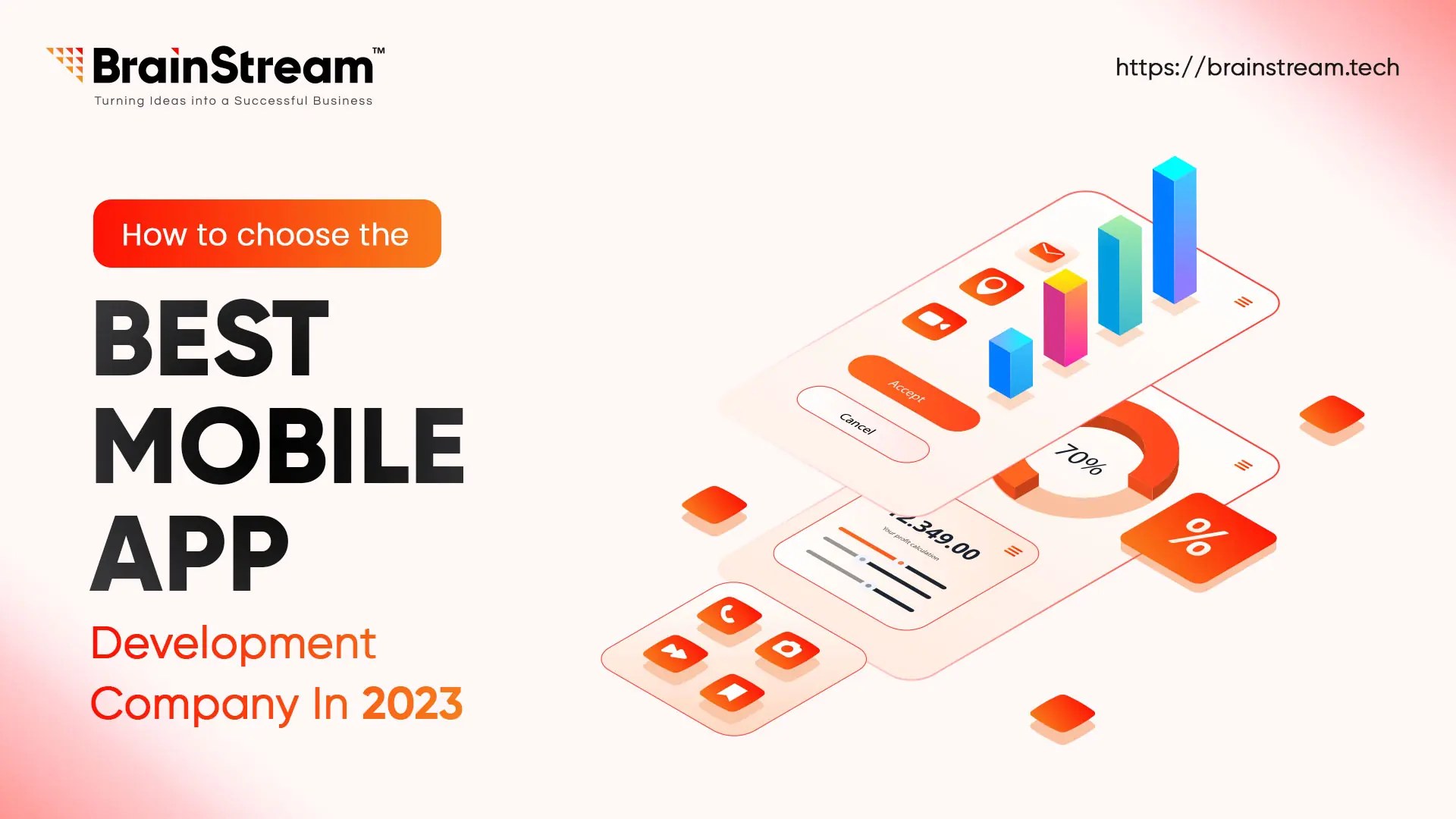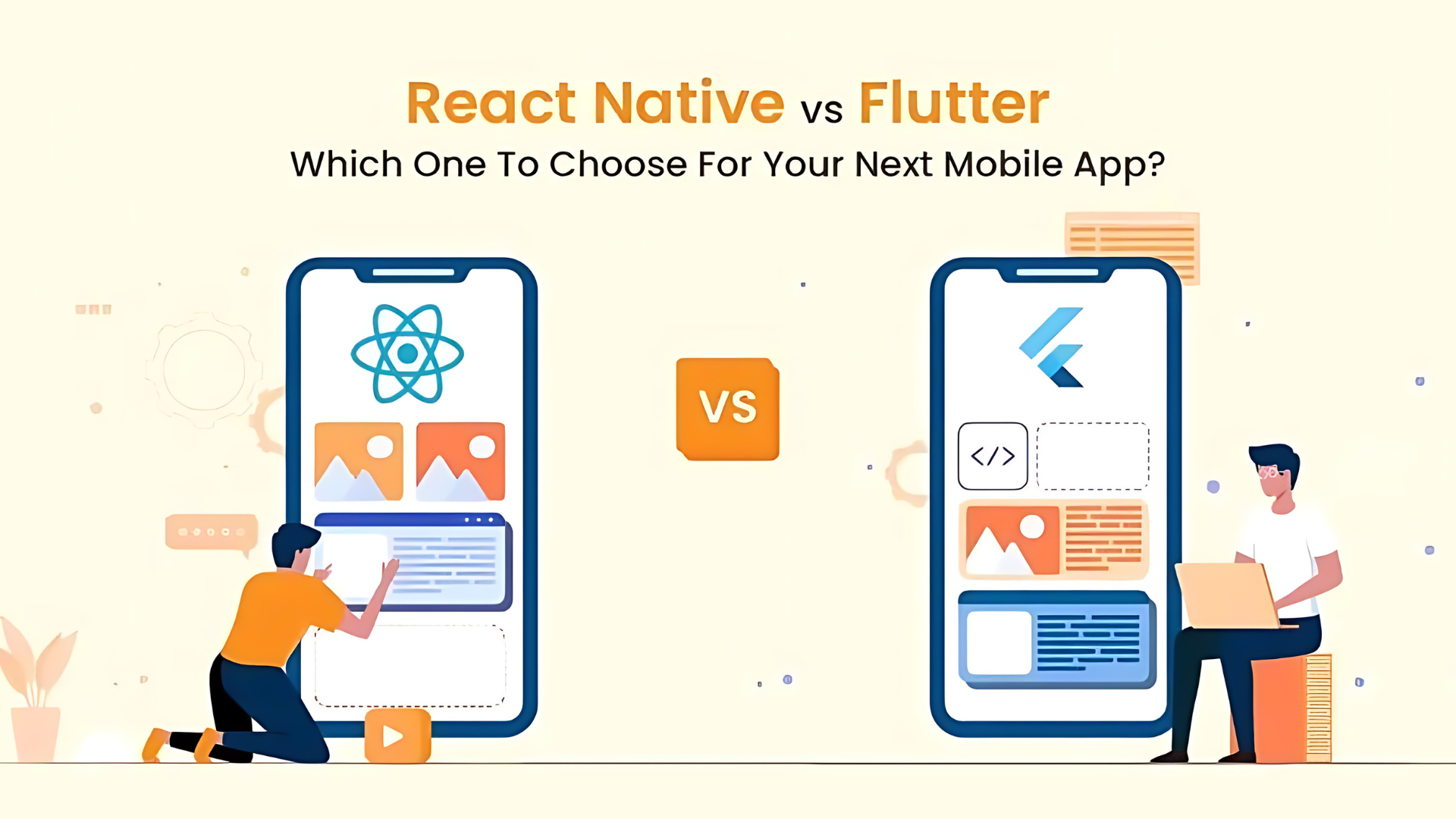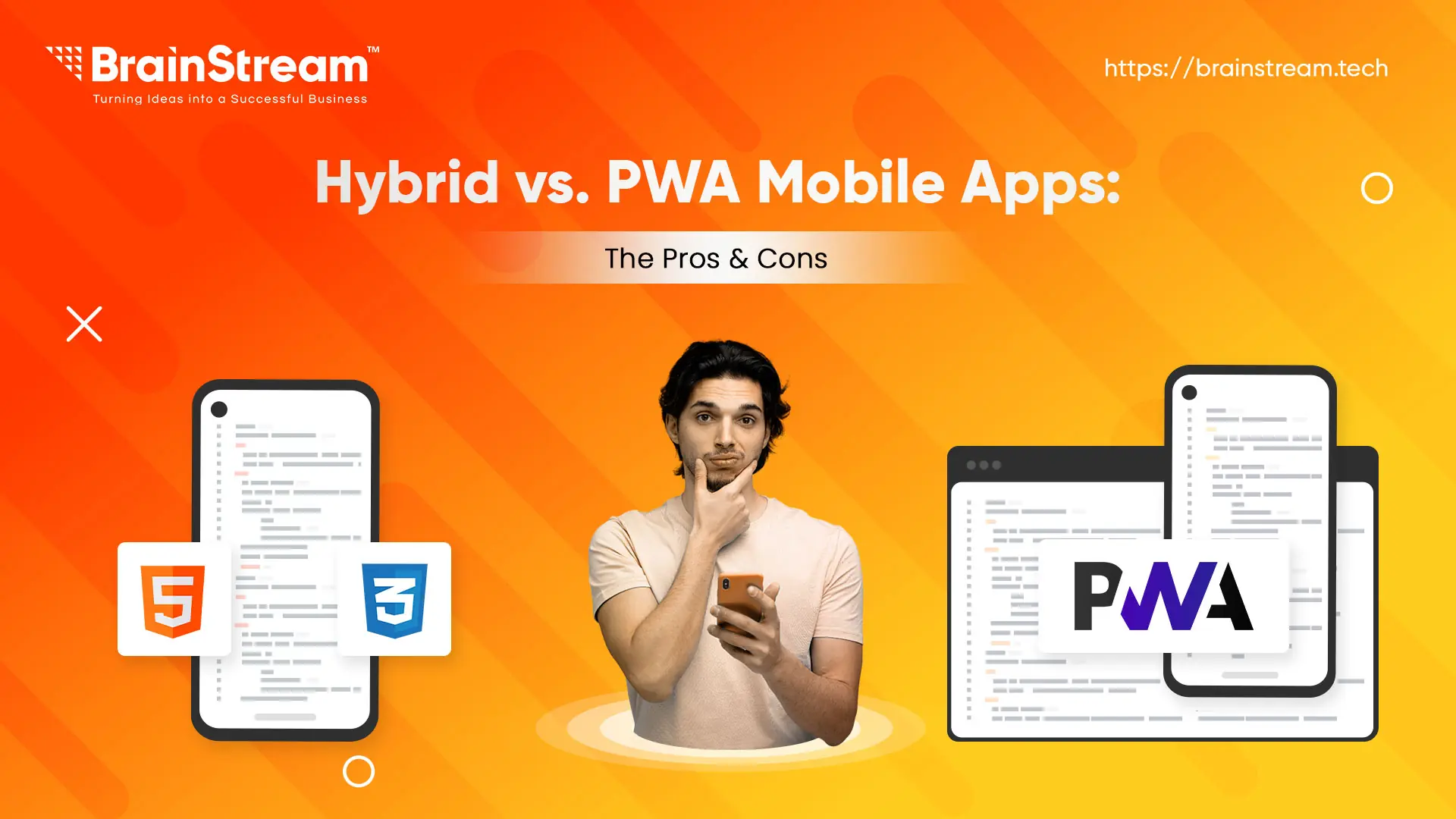
Summary:
The world of mobile application development is brimming with technologies. Google Play Store and Apple App Store are flooded with millions of mobile apps used by more than 5 billion Internet users. Recently there has been a lot of discussion about which technology is the best for building hybrid apps for any kind of business.
March 18, 2022
To build and deliver a mobile app is possible with a range of different methods. The real challenge lies in finding the right one for your business. Each of them has its own advantages and disadvantages. Rather than waiting for too long on finalizing the right technology, all you need is to make the basic level choices just by mere comparisons.
These blog is exclusively created to help you understand, review and compare possible solutions for choosing one of the below platforms.
Know What Kind of App you need to Develop?
Find out your users’ preferences and needs first of all. Based on their requirements check with the following aspects.
Operating System
Are you planning to target the users either on Android or only those who are on iOS? Or both? So, understand what kind of app needs to be developed and that will reduce a lot of time waste.
Your Budget
Every technology has different time and budget needs. You need to make wise decisions on determining the estimated budget that is required for your project
App Type
When you know which type of app you want to build, it is also very crucial to choose one right technology having coding practices that suits your business.
Hybrid App Development
Hybrid app development is a combination of both the elements: native and web apps. Developers can code in one single language and can run it on different operating systems. The codes are written using various web technologies like (Angular, Javascript, HTML, and CSS).
The app is not shown within the users’ browsers. Rather it is run from within a native app and its embedded browser. The advantages and limitations of such apps are as follows.
The Pros:
- Lower development costs (especially when creating for several different platforms);
- Shorter time-to-market period (same back-end for all variants);
- Easier maintenance (based on web solutions);
- Easier to add new features (due to one codebase);
- Possibility to use device features (native APIs are available);
- Integration with Web-based services;
- Have an embedded browser (to improve access to dynamic online content);
- Can work offline depending on the functionalities.
The Cons:
- Complex apps with many features will run slower;
- Rely on system browser security;
- New features implementation can suffer delays;
- Having just one codebase means the app run equally everywhere (could not perform specific iOS or Android features);
Best to use when:
- Have a simple project based on content (no animations or complex features);
- Need to release on both iOS and Android and (not needing to use many native components);
- Want to test a project idea (Minimum Viable Product).
PWA (Progressive Web Apps)
Well, PWA is actually not a real app but an extension to a website. PWA can be installed on a server just like a website and can be distributed using URLs. PWA has widespread adoption in the latest years. These are kinds of web apps that seek to appear and act exactly like you have a native app.
To simplify it more, PWAs can be installed and accessed on mobile devices. They can work offline and send push notifications. PWA also uses hardware features like GPS and a camera. You get optimum user experience for each platform and there are no dedicated languages or frameworks for PWA (usually done in Angular or React).
The Pros
- Access on different platforms and devices;
- These apps can be found online in the browser (no app store needed);
- Loading speed;
- Work offline;
- Cheaper and faster do develop (50%-75% less time than traditional native mobile app development);
- Good responsiveness (easy adapt to different screen sizes);
- User interaction and navigation is identical to native apps;
- No need to install it (free from app stores, lengthy downloads, and updates).
The Cons
- Hardware and operating system features limitations;
- Hardware integration problems;
- Weaker performance on iOS;
- Little support for Apple devices;
- Not available on app stores;
- Needs more battery power.
Best to Use When
- Want a robust e-commerce experience;
- Want higher traffic (available on all devices).
Key Differences between PWA and Hybrid App
Effective Communication
PWA apps can be easily customized than Hybrid apps. PWA app works on the same code that of a website. Hybrid apps are installed with different codes at different platforms.
Distribution Scope
Hybrid apps are easily found on Playstore and App store.
PWA apps are easily added to any device by using only add Add to home screen options.
Cost of Production
Building hybrid apps requires the skill set of web apps that are created with the knowledge of native app development.
PWA costs lesser as it is built with a single code base and standard skillset.
Performance
For optimizing operations, PWA is the best solution. It provides higher speed even in the low network connection. A hybrid app doesn’t offer such advantages.
Development Languages Used
The hybrid app needs additional knowledge of languages like Java for Android iOS and Swift. PWA creation happens from a website and so it does not need such requirements.
Conclusion
With the improvement in technologies, PWA apps like Twitter and Pinterest are providing a new mobile web experience. Smaller businesses are not capable to build fully native or hybrid apps. They prefer to build on separate platforms offering small to large-sized business opportunities without spending too much time and resources on the development.
All you need is to focus on the project’s needs and you are halfway to success. Analyze the complexity and limitations of the project considering the user’s behavior and characteristics. You can always make it possible to have a robust, fast, and cost-efficient mobile app.
Related Blog
Mobile App
Why Flutter is the Future of Mobile App Development for Businesses and Developers
Flutter has rapidly emerged as a game-changer in mobile app development. Backed by Google and an enthusiastic community, Flutter enables businesses and developers to build high-quality iOS and Android apps faster and cost-effectively than traditional approaches. In this blog post,...
Mobile App
How to Choose the Best Mobile App Development Company in 2023
With more tech-savvy users worldwide than ever, mobile application development has disrupted all major industries to provide business-friendliness, great ease of use, and equitable customer data access. As the demand for mobile app development is increasing, many mobile app development...
Mobile App
React Native vs Flutter
In these article, we’ll examine two popular frameworks that allow cross-platform development: Flutter and React Native.

Keep up-to-date with our newsletter.
Sign up for our newsletter to receive weekly updates and news directly to your inbox.
